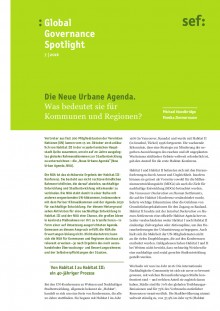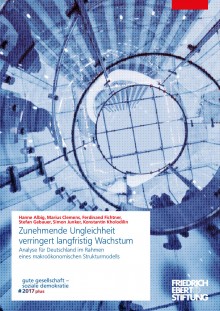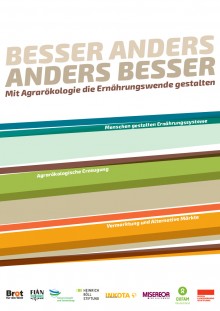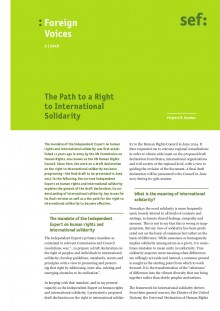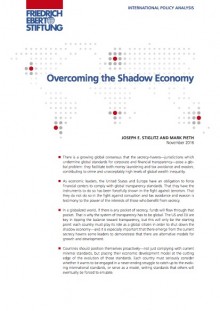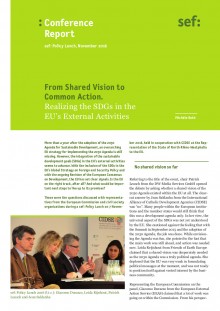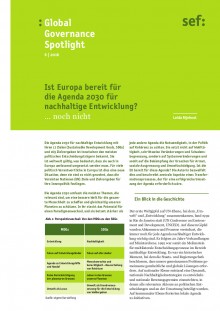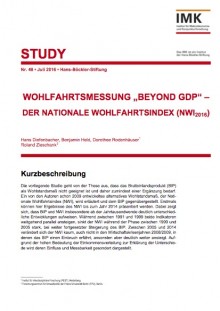Global Governance Spotlight #7
Analyse für Deutschland im Rahmen eines makroökonomischen Strukturmodells
Thema Wirtschaft und Menschenrechte kaum berücksichtigt
Mit Agrarökologie die Ernährungswende gestalten
Foreign Voices #2
New Paper by Joseph Stiglitz and Mark Pieth
There is a growing global consensus that the secrecy-havens—jurisdictions which undermine global standards for corporate and financial transparency—pose a global problem: they facilitate both money laundering and tax avoidance and evasion, contributing to crime and unacceptably high levels of global wealth inequality.
As economic leaders, the United States and Europe have an obligation to force financial centers to comply with global transparency standards. That they have the instruments to do so has been forcefully shown in the fight against terrorism [...]
Realizing the SDGs in the EU's External Activities
Global Governance Spotlight #6
BASF soll ein perfides System aufgebaut haben
Eine heute veröffentlichte Studie der Grünen/EFA-Fraktion im Europäischen Parlament belegt, wie der deutsche Chemiekonzern BASF seit Jahren in großem Stil Steuern in der Europäischen Union (EU) vermeidet. Das Unternehmen nutzt gezielt Steuervorteile in einzelnen Ländern und bedient sich dabei insbesondere der Steueroasen in Belgien, Malta und den Niederlanden. In den Jahren 2010 bis 2014 sparte BASF dadurch insgesamt fast eine Milliarde Euro an Steuern. Belgien erlaubt den Abzug kalkulatorischer Eigenkapitalkosten (notional interest deduction) und lockte bis vor kurzem mit steuerlichen [...]
Der Nationale Wohlfahrtsindex (NWI2016)
In einer im Juli 2016 veröffentlichten Studie argumentieren den Autor/innen Hans Diefenbacher, Benjamin Held, Dorothee Rodenhäuser und Roland Zieschank, dass das Bruttoinlandsprodukt (BIP) als Wohlstandsmaß nicht geeignet sei und daher zumindest einer Ergänzung bedarf. Ein von den Autoren schon 2009 entwickeltes alternatives Wohlstandsmaß, der Nationale Wohlfahrtsindex (NWI), wird erläutert und dem BIP gegenübergestellt. Nun können erstmals Ergebnisse des NWI bis zum Jahr 2014 präsentiert werden. Dabei zeigt sich, dass BIP und NWI insbesondere ab der Jahrtausendwende deutlich unterschiedliche Entwicklungen aufweisen [...]

